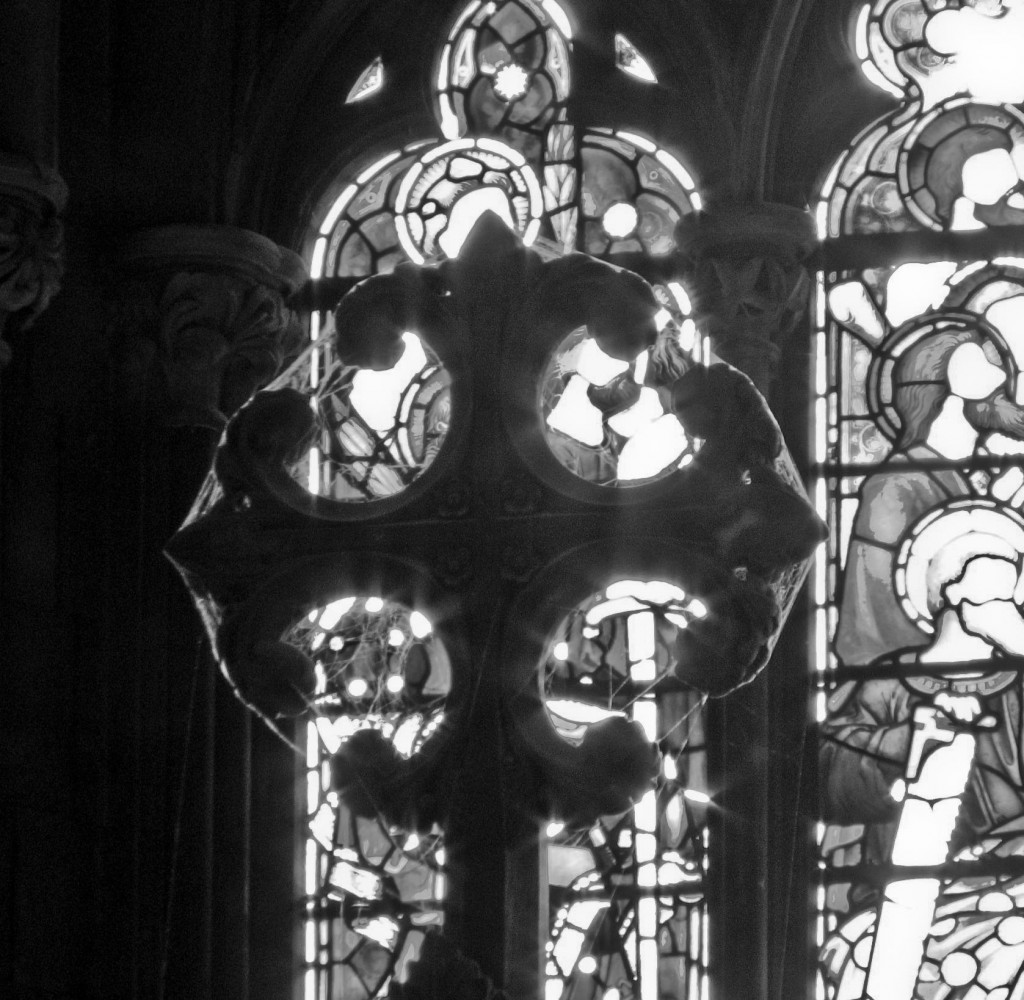
A recent Room for Debate discussion in The New York Times (to which I contributed, along with Hemant Mehta, Rev. Joy J. Moore, Hal Taussig, and Deepak Chopra) began with this question and it elicited the anticipated wide range of responses. Reading through the comments prompted some additional thoughts.
It is important to clarify that whether or not you think atheists should pray, the fact is that people who are atheists already say that they do pray. Other atheists say this is impossibly deviant behavior and chastise those praying atheists for being so unorthodox. What this reveals is the great diversity (and potential for internal conflict) inherent in claiming the label of “atheist” for oneself. Richard Dawkins noted this some time ago when he suggested just how diverse atheism can be based on the perceived probability of God’s existence.
Just what are these atheists actually doing by praying? From their comments, it appears that their prayers range anywhere from “God, if you’re actually there, then give me a sign” to simple moments of reflective silence. The former resemble typical prayers that have a theistic focus; the latter are closely related to non-theistic meditation. In other words, prayer practices – whether those of an atheist or a believer, have strong functional similarities. Since the prayer habits of theistic believers are so pervasively known and evident in the American context, it is not surprising that the pattern of expression could be adapted by non-theists.
At another level, the question “Should atheists pray?” tries to get at whether or not there might be physical or mental benefits to praying. One re-phrasing could ask “Is there anything in prayer that might be good for you if you just go through the motions without believing in a deity?” The answer here will depend largely on the respondent’s personal orientation. Believers will generally answer “no” to atheistic prayer since the act would not be sincerely addressed to God. Some believers will add the caveat that every prayer carries the possibility of an encounter with God leading potentially to a sense of conviction and thus the possibility of conversion. They would thus affirm that, “yes,” atheists should pray (to God). Non-believers will typically say “no” to a theistic form of prayer, but will allow for more meditative practices adding, “Why call it prayer instead of meditation?”
If prayer is directed away from its traditional theistic point of reference, what remains are mental conversations and differing degrees of bodily posturing and motion. Is there any demonstrable benefit to engaging in these de-contextualized exercises? Certainly, times of bodily stillness and reflective silence are helpful for some people with regard to calming mental responses (though if taken to an extreme there is the danger of excessive rumination). Certainly, deep inhalations and exhalations have ramifications for brain and other bodily functions. In other words, the physical and mental techniques of prayer have the potential to be useful to some people as abstracted behaviors. Yoga in the United States provides one example of how a spiritual practice can transition (controversially) into a secular exercise program. So, in this very specific sense, atheists and believers alike may experience positive effects from engaging in these behaviors, but current research remains highly ambiguous on this point.
This assortment of techniques, however, is not the full essence of prayer as traditionally understood. The bodily postures and use of tools (e.g., bead, wheels, etc) may demarcate or intensify prayer acts, but these technical artifacts can be employed for a vast array of sacred and secular purposes without relating to prayer per se.
Stretching the definition of prayer as far as possible (and perhaps too far) still includes a target, a non-self component with which the practitioner seeks to connect. In most cases, the underlying understanding of prayer is that the most important benefits occur as a result of such a connection. For traditional believers, this means prayer “works” because of God’s action in both instigating and responding to prayers. For those who are not explicitly praying to a deity, it appears that what they equate with prayer “works” in their opinion when it emphasizes connectedness beyond themselves. (Of course, the definition of “works” is yet another challenge to clarify!)
This intentional act of being aware of external connections provides a sort of bridge between the prayer acts of believers and atheists. The bridge, however, is tenuous because more than a cursory investigation reveals very apparent discrepancies with regard to virtually every aspect of the practice. Praying to a deity remains categorically different than not praying to a deity in a host of ways.
Back to the main question: Should atheists pray? They cannot logically do a full-bore deity-directed prayer if they are truly strong atheists. If they simply mimic the physical actions of believers at prayer, they might experience some mental and physical benefits, though this is by no means guaranteed (not even for exemplary believers) and that sort of mimicry does not seem to qualify as prayer in even the broadest sense. The closest it seems that atheists can come to something akin to prayer is to engage in quiet, reflective periods with the intention of seeking connections beyond themselves; this is similar to deity-oriented meditative prayer, yet so different as to raise questions as to whether “prayer” or “secular meditation” is the better description of the practice. So, whether or not to embrace this sort of practice finally comes down to a personal decision. There is no consistent empirical evidence that it will predictably change the lives of atheists, but this is the paradox of prayer: its unpredictable results keep faith in something beyond one’s self alive for atheists and believers alike.
Tags: atheist, journalism and scholarship initiative, nonbelievers, secular spirituality

